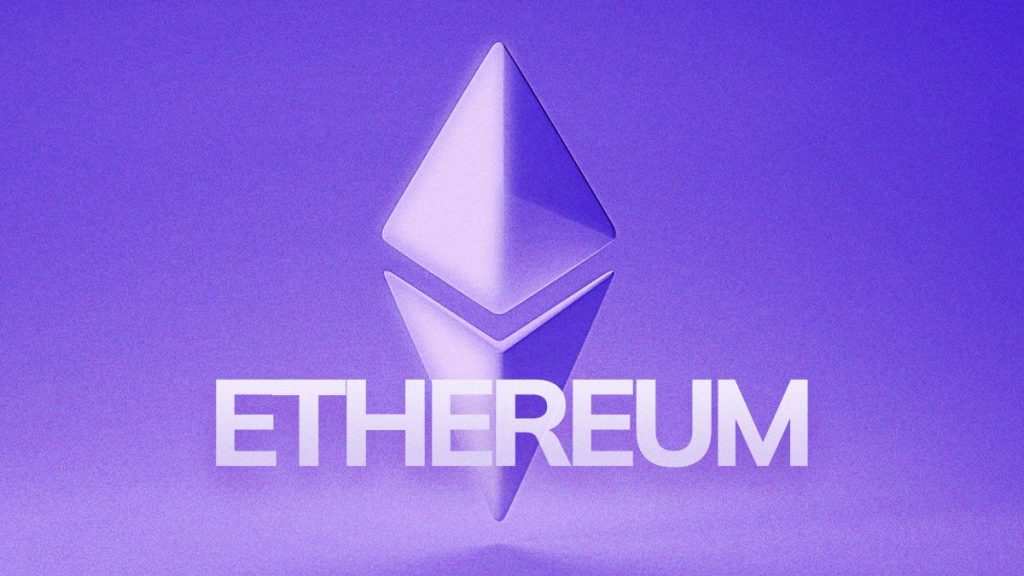Pulse of Information
Your source for the latest insights and updates.
Ethereum: The Silent Revolution in Digital Currency
Discover how Ethereum is quietly reshaping the future of digital currency—uncover the revolution transforming finance today!
What Makes Ethereum Different from Bitcoin?
Ethereum and Bitcoin are both leading cryptocurrencies, but they serve different purposes and are built on distinct technological frameworks. Bitcoin, created in 2009 by an anonymous person (or group) known as Satoshi Nakamoto, was designed primarily as a digital currency to facilitate peer-to-peer transactions without the need for centralized authorities. In contrast, Ethereum, launched in 2015 by Vitalik Buterin and others, introduces a more advanced decentralized platform that enables developers to build and deploy smart contracts and decentralized applications (dApps). These capabilities position Ethereum not just as a currency, but as a robust ecosystem that fosters innovation in various industries.
Another key difference lies in their underlying consensus mechanisms. Bitcoin relies on a proof-of-work (PoW) system which requires substantial computational power and energy consumption to validate transactions. Ethereum initially used PoW as well, but has since transitioned to a proof-of-stake (PoS) model with its Ethereum 2.0 upgrade, aiming to enhance scalability, security, and energy efficiency. This shift not only distinguishes Ethereum from Bitcoin in terms of environmental impact, but it also allows for the potential of higher transaction throughput and reduced fees, making Ethereum more appealing for developers and users interacting within its ecosystem.

How Smart Contracts are Revolutionizing Business on the Ethereum Network
Smart contracts are self-executing contracts with the terms of the agreement directly written into code, and they are playing a transformative role in the business ecosystem on the Ethereum network. These automated protocols eliminate the need for intermediaries, thereby reducing costs and increasing efficiency. By utilizing blockchain technology, smart contracts ensure transparency and security, which fosters trust among parties involved. Companies across various sectors are adopting these innovative solutions to streamline processes, automate workflows, and enhance transaction speed, ultimately leading to improved operational management.
One of the most significant impacts of smart contracts on business operations is in the realm of decentralized finance (DeFi). Organizations are leveraging the Ethereum network to create decentralized applications (dApps) that offer financial services without the traditional banks' involvement. This shift not only democratizes access to financial tools but also promotes competitive pricing and innovative services. Furthermore, as businesses grow more comfortable with these technologies, we can anticipate an increase in the development of unique digital assets and services, further revolutionizing the way we conduct business today.
Understanding the Impact of Ethereum 2.0 on the Future of Digital Currency
Ethereum 2.0, also known as ETH 2.0 or Serenity, represents a significant upgrade to the Ethereum network, transitioning from a Proof of Work (PoW) consensus mechanism to Proof of Stake (PoS). This shift not only enhances the scalability and security of the network but also reduces its energy consumption, making Ethereum more environmentally friendly. Understanding the impact of Ethereum 2.0 is crucial, as it addresses some of the major criticisms of the original Ethereum blockchain, particularly concerning transaction speeds and high gas fees. As a result, developers and users can expect a more efficient platform that supports a wider range of decentralized applications (dApps) and smart contracts.
The implications of Ethereum 2.0 extend beyond technical enhancements; they significantly reshape the landscape of digital currency. By allowing validators to earn rewards through staking rather than mining, Ethereum transforms the incentives for involvement in the network. This approach could lead to a more decentralized and democratized participation model. Furthermore, with the launch of ETH 2.0, the potential for robust decentralized finance (DeFi) solutions, non-fungible tokens (NFTs), and other blockchain-based innovations increases, ensuring that Ethereum maintains its position as a leader in the digital currency space.